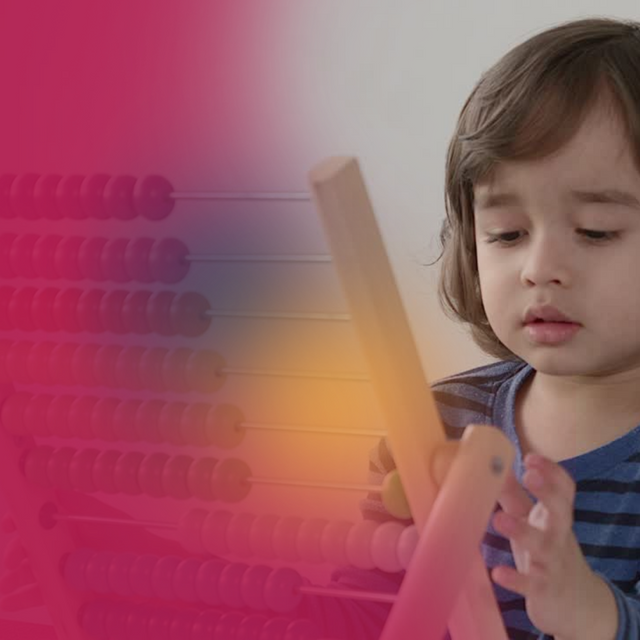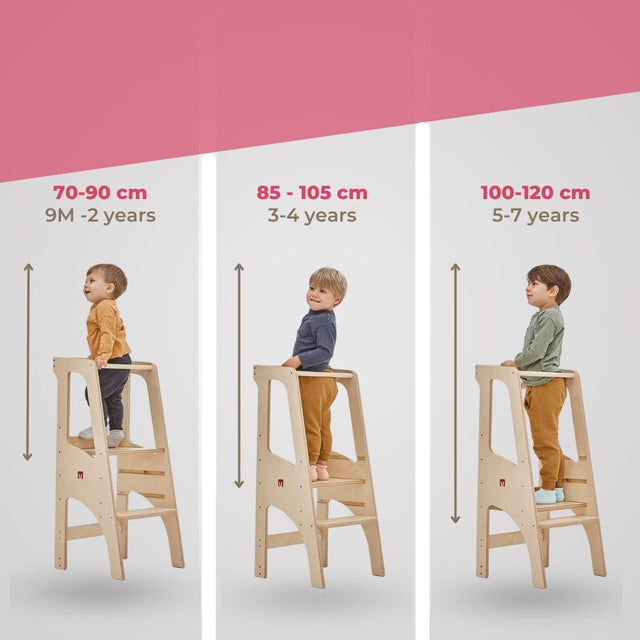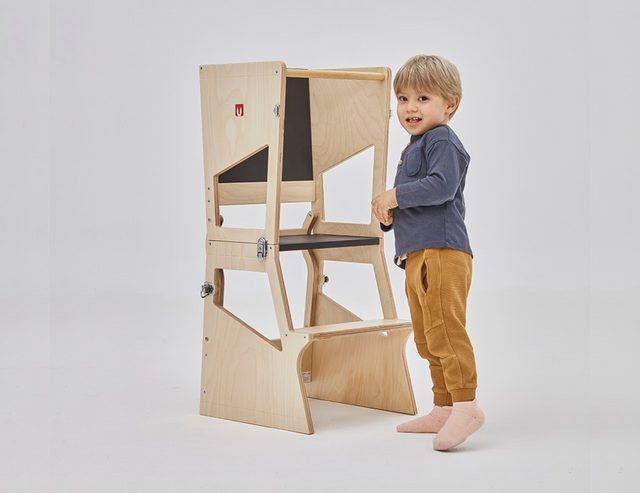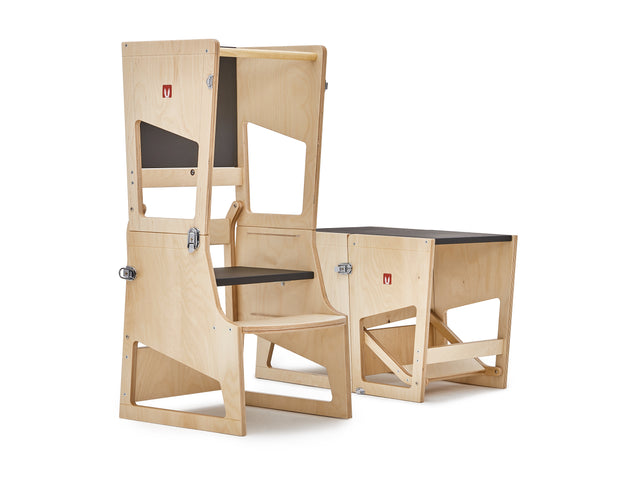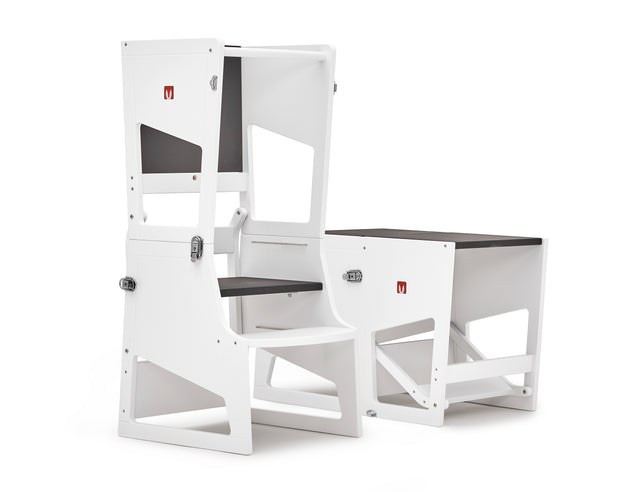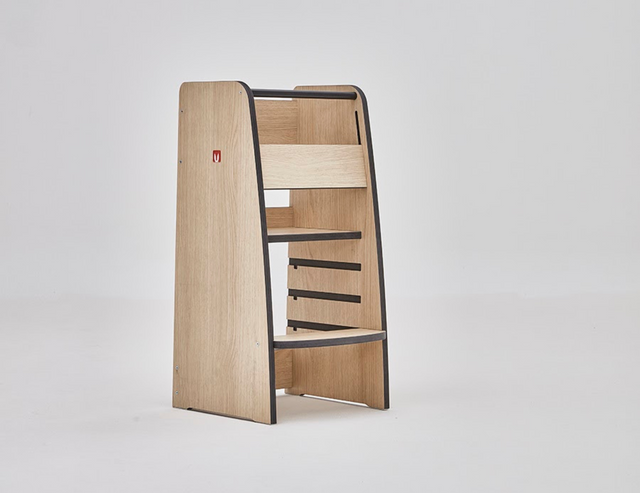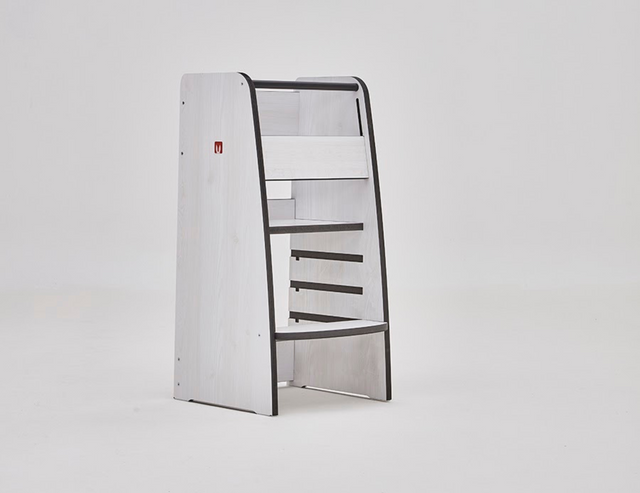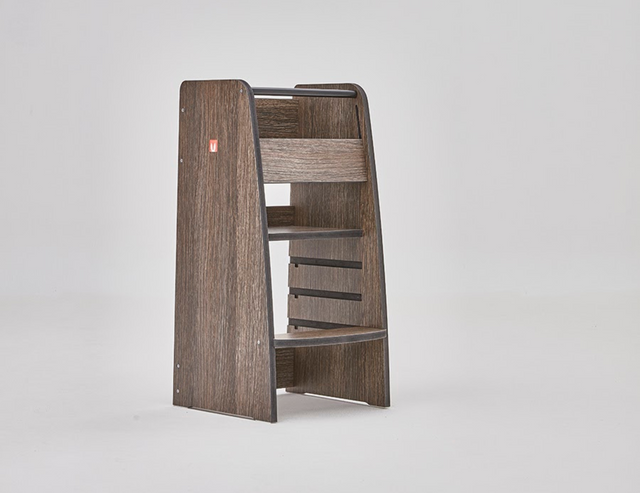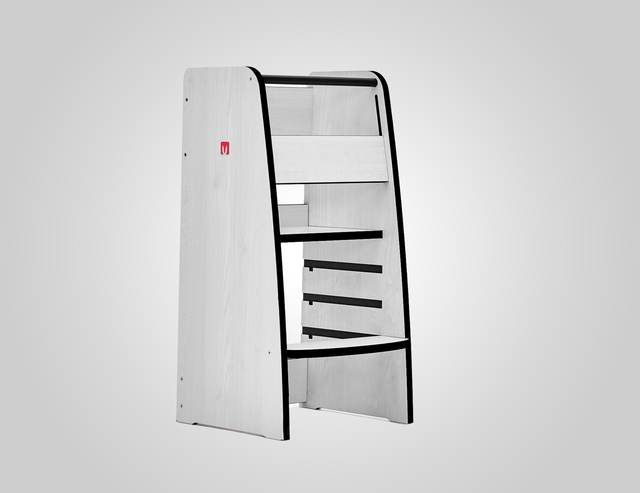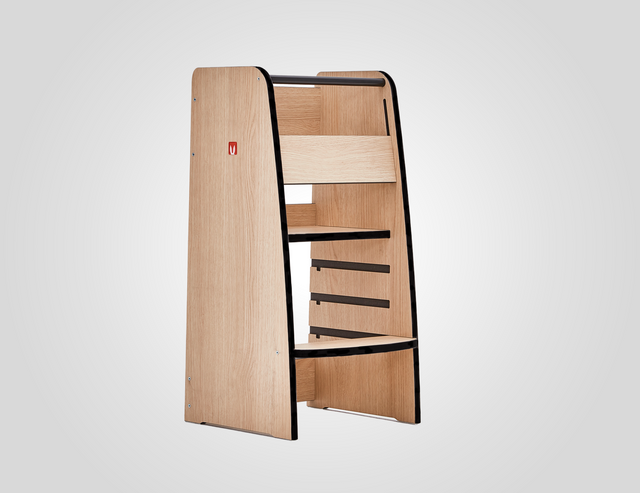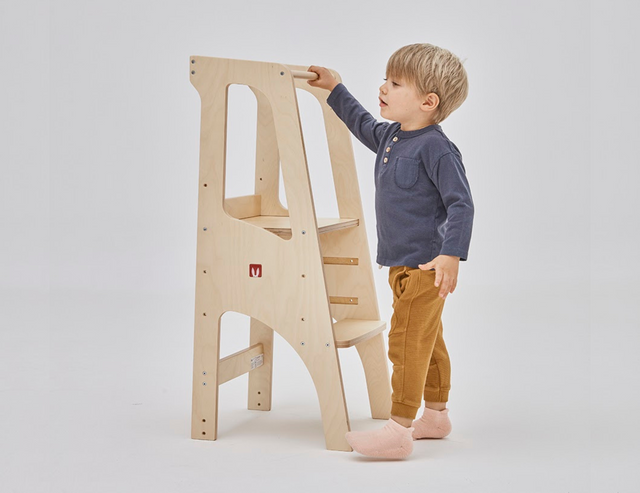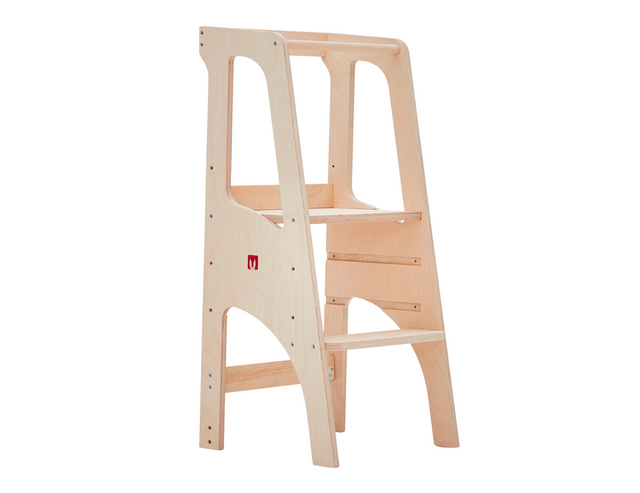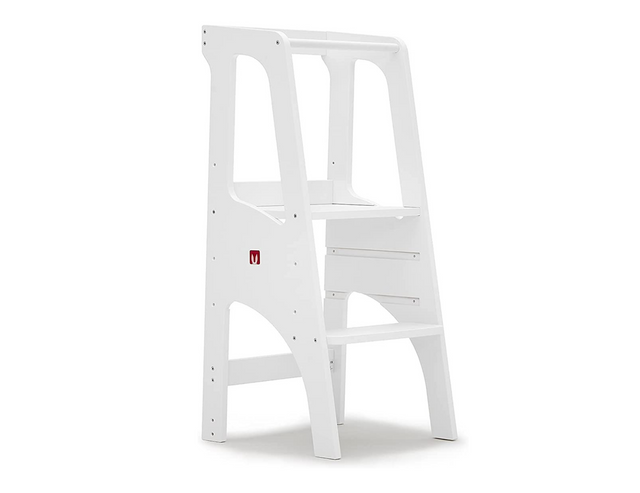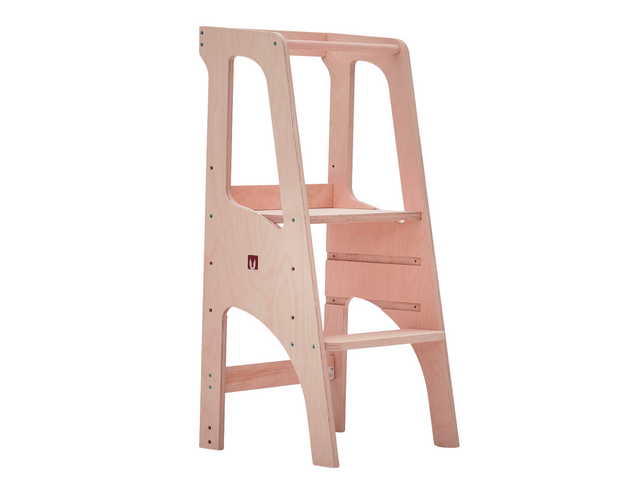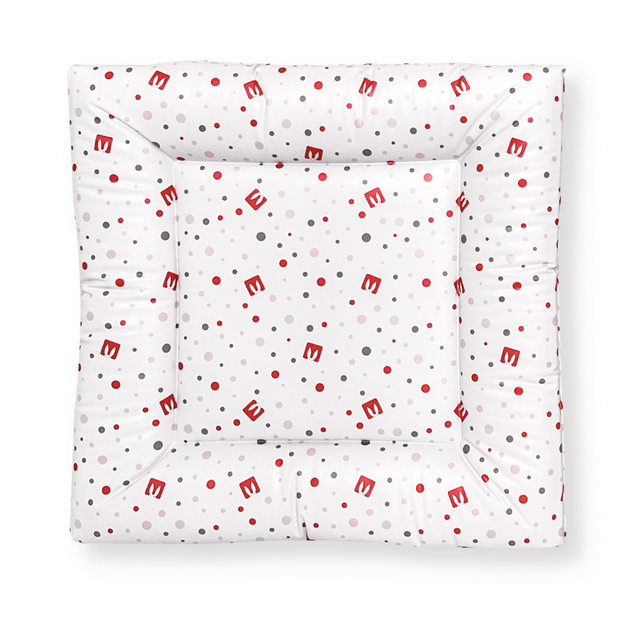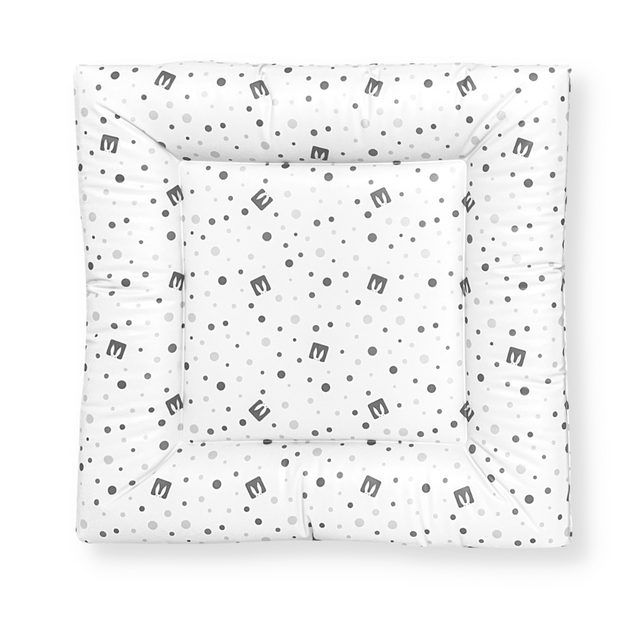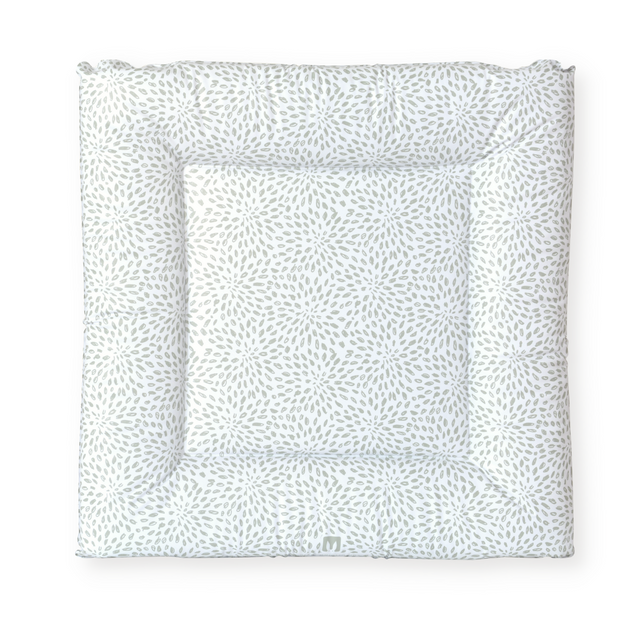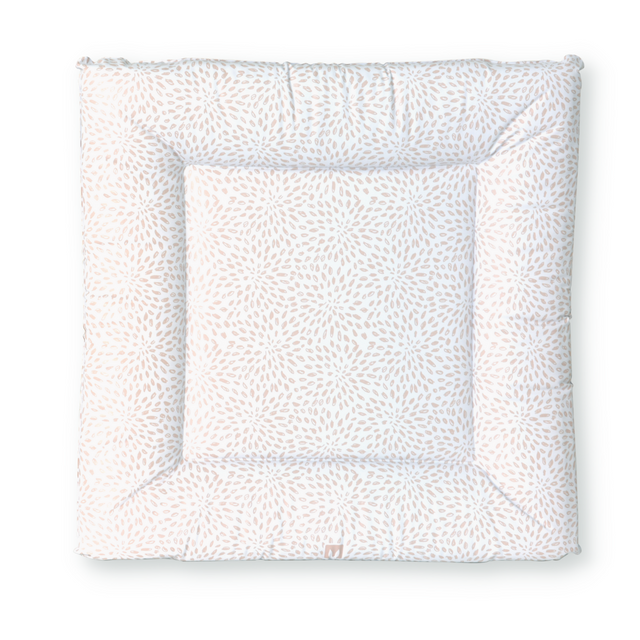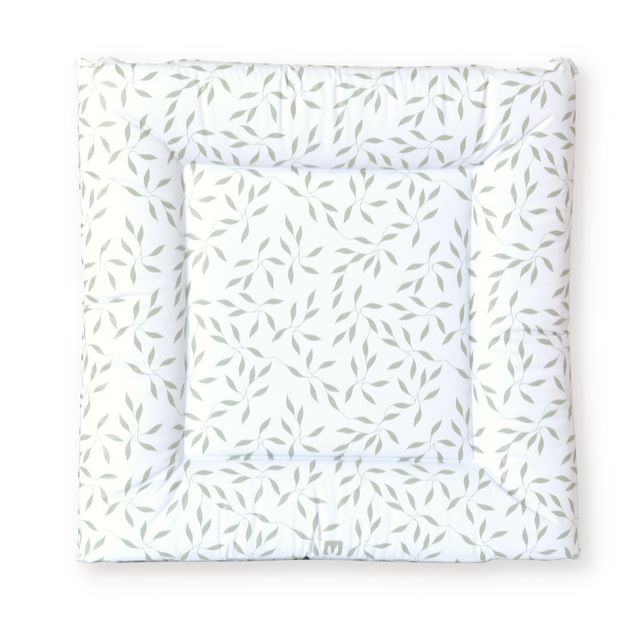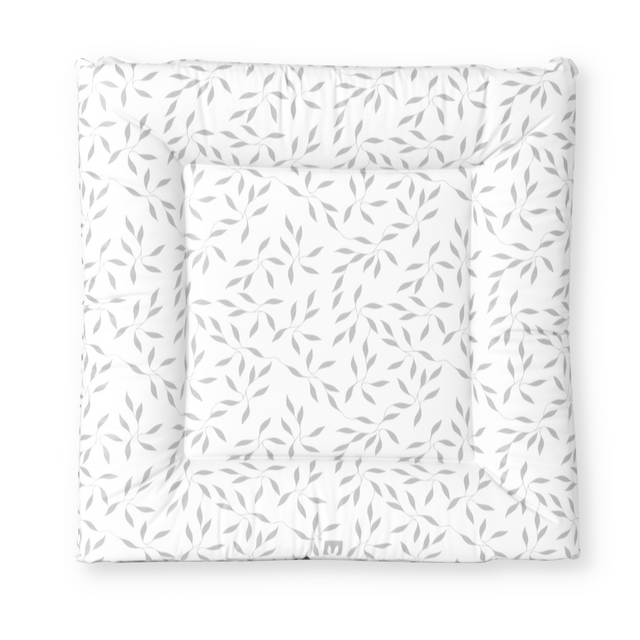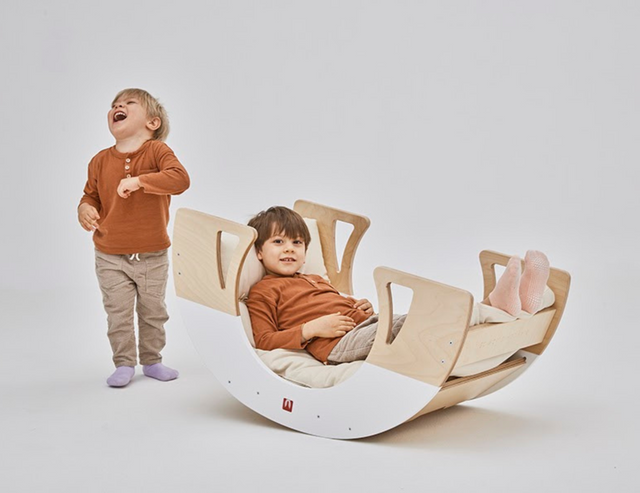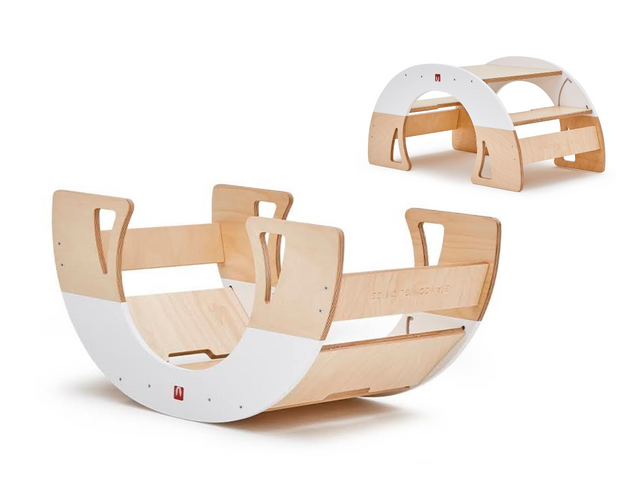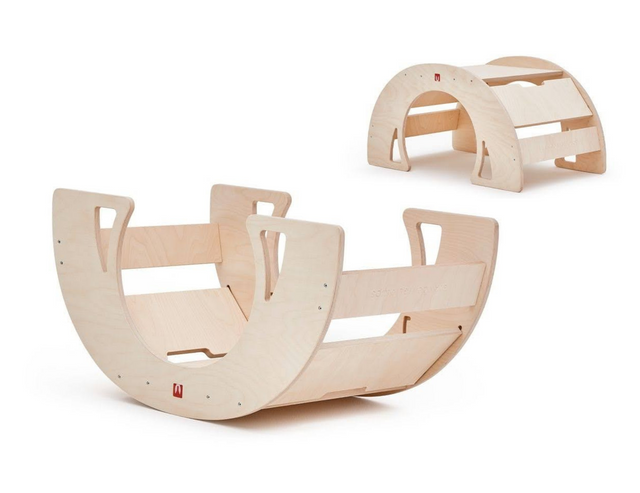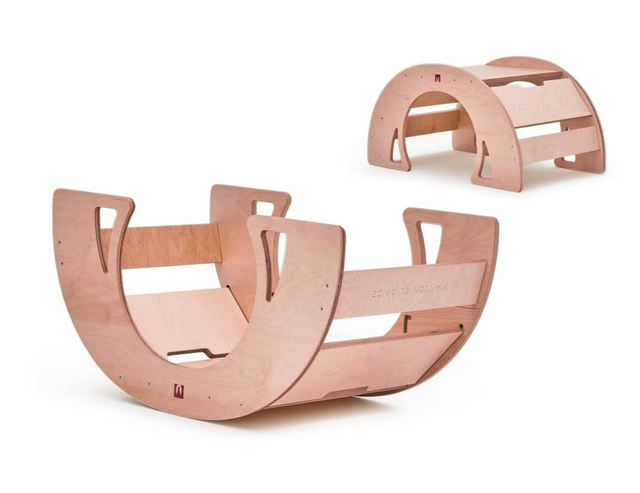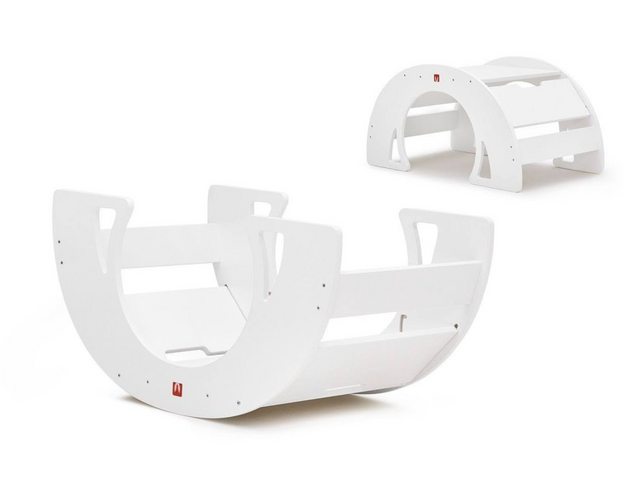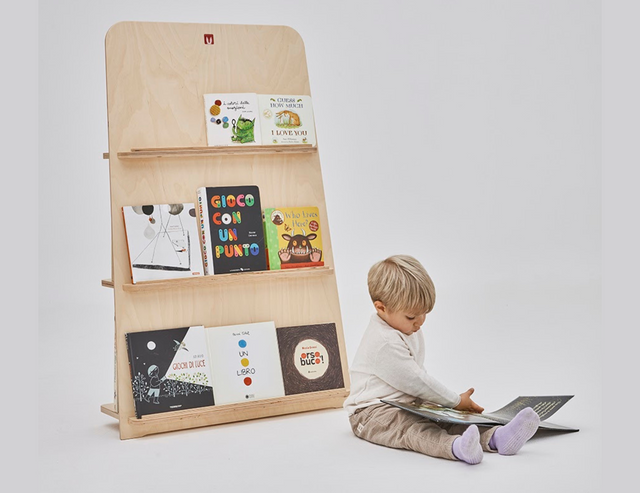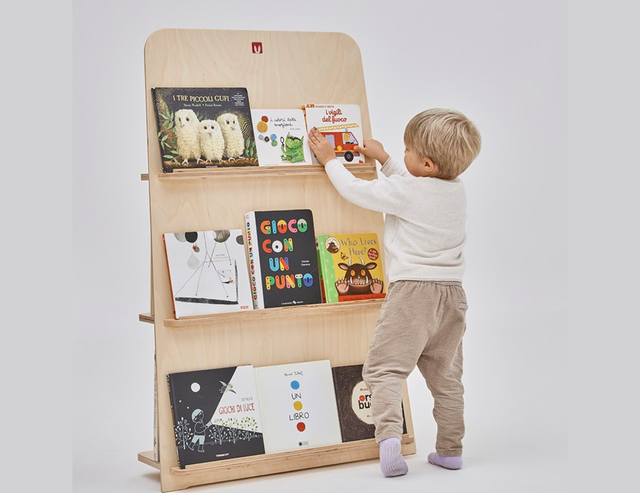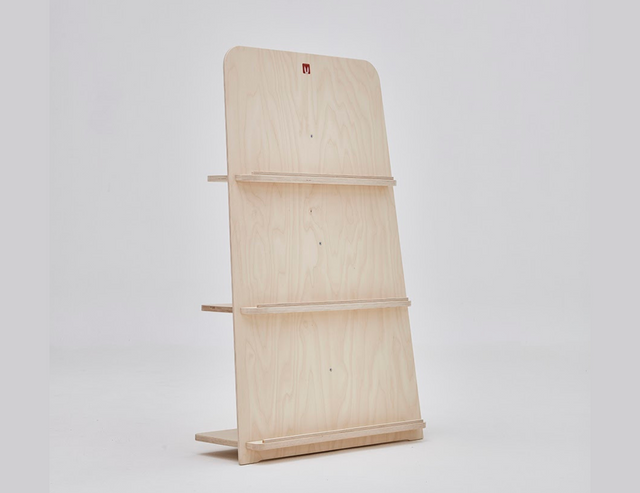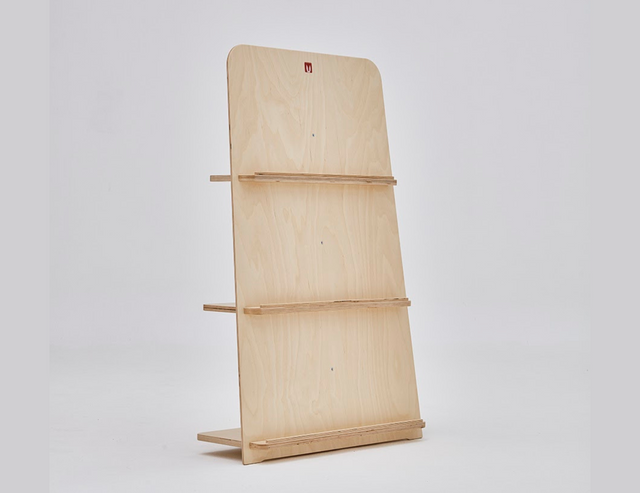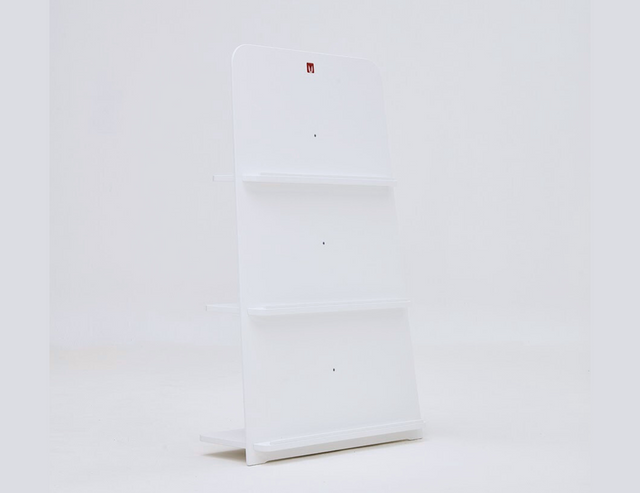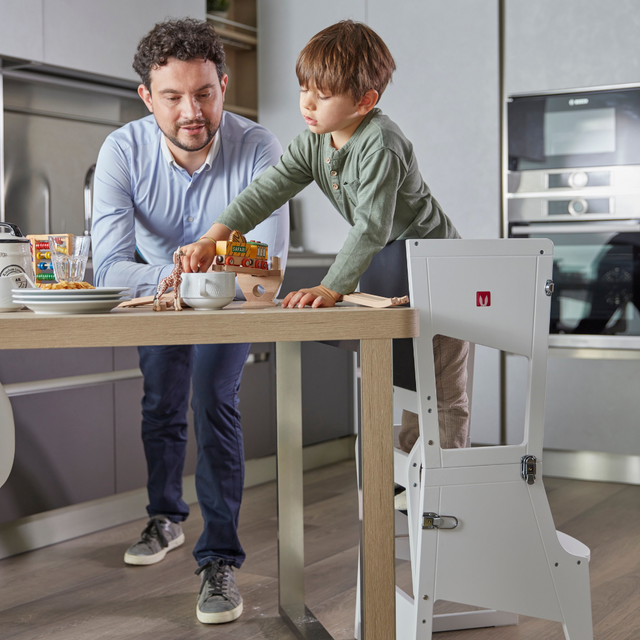The mathematics of holidays
The mathematics of holidays: Introduction to mathematical concepts through games and activities related to the holidays
The holidays are a magical time when families get together, share joy and exchange gifts. But you know what's even more magical? The chance to learn maths while soaking up the festive atmosphere! In this article, we will explore how mathematical concepts can be introduced in a fun and engaging way through festive games and activities.
1. Counting presents
Who doesn't love receiving presents during the holidays? Here's a fun way to introduce counting and basic mathematical operations. Provide your children with fictitious presents or pictures of presents and ask them to count them. You can also create simple maths problems, such as "If you have 3 presents and receive 2 more, how many do you have in total?"
2. Pie charts of food preferences
During Thanksgiving or other culinary holidays, food preferences may vary. Create a virtual pie chart or use real foods to represent your children's food preferences. For example, ask them to choose between pumpkin pie, apple pie and cherry pie and then create a pie chart based on their choices. This will help them understand the concepts of percentages and fractions in a practical way.
3. Mathematical decorations
Involve the children in decorating the house for the holidays. Ask them to create paper chains with a number of rings or hang balls on the Christmas tree following a mathematical pattern, such as an arithmetic sequence. This will help them develop counting and pattern recognition skills.
4. Holiday calendar
Create a special holiday calendar with your children. Each day they can add or subtract days until the desired holiday arrives. This is a great way to teach them the concepts of addition and subtraction and make them practise reading numbers and counting days.
5. Homemade gifts
Encourage your children to create homemade gifts for friends and family. This involves calculating the necessary materials and measurements as well as planning the time to complete the project. It is a perfect opportunity to introduce practical maths concepts.
6. Maths treasure hunt
Organise a festive-themed treasure hunt in which children have to solve mathematical riddles to find hidden prizes. This game not only makes maths fun but also encourages problem solving and logic.
7. Festive recipes
Involve children in the preparation of festive recipes. Ask them to measure the ingredients, divide the portions and calculate the cooking time. This is a practical way to learn maths and, at the same time, prepare delicious festive dishes.
In conclusion, festive maths is a fun opportunity for children to develop maths skills while immersing themselves in the festive atmosphere. These games and activities make the learning process engaging and meaningful. So, the next time you celebrate, take the opportunity to discover the maths behind the festivities!

